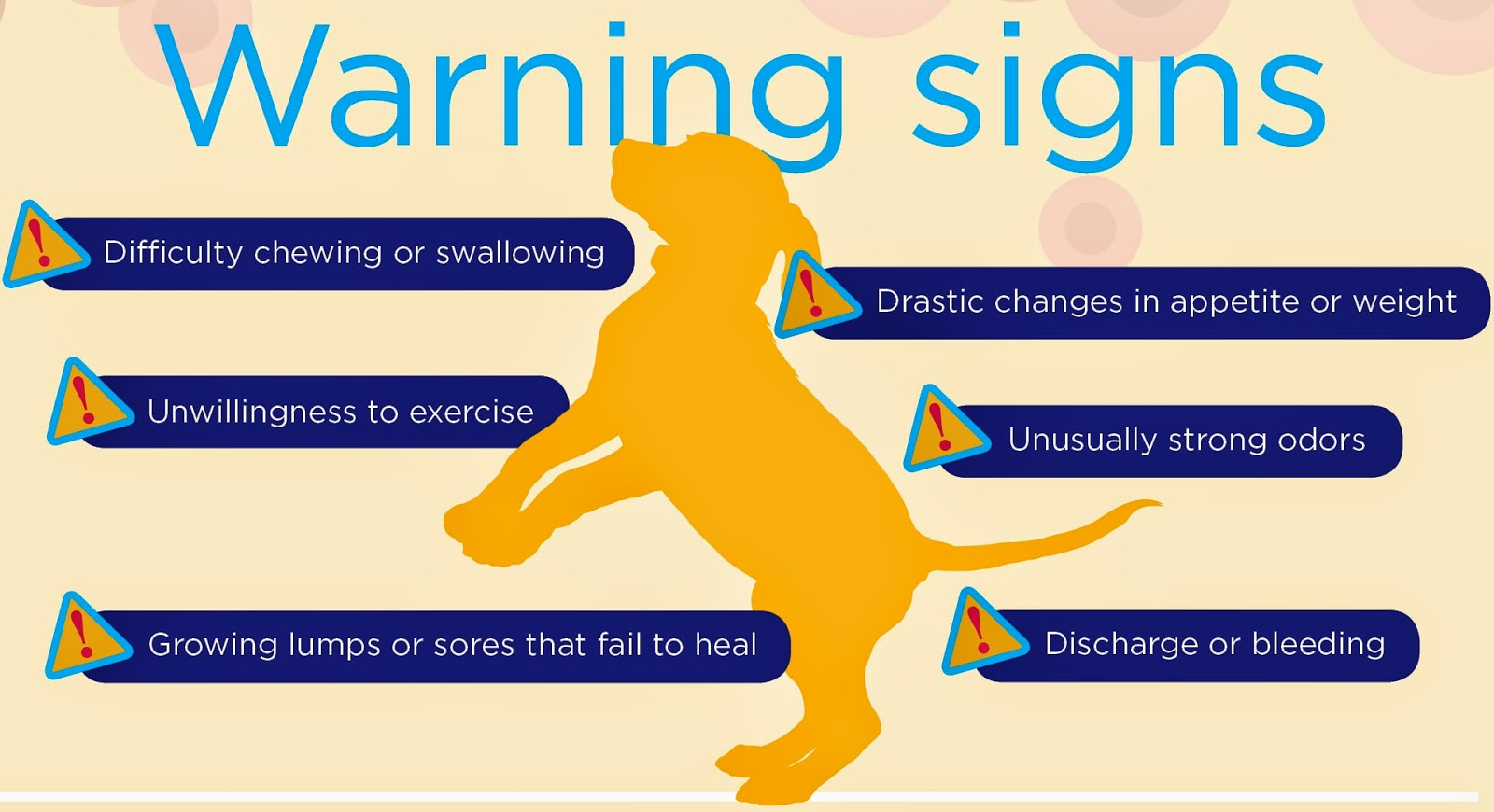In fact, last year, VPI policyholders accumulated more than $20 million in medical expenses for the top 10 cancer-related conditions.
In a continuing effort to educate pet owners about the prevalence, detection and treatment of pet cancer, VPI recognizes November as National Pet Cancer Awareness Month.
During the month of November, VPI will donate $5 to the Animal Cancer Foundation (ACF), up to $10,000, for every photo, story or statistic shared on Facebook, Twitter and Instagram using #CurePetCancer.
For more information, visit www.curepetcancer.com. To date, VPI has raised nearly $200,000 to benefit the ACF.
VPI launched National Pet Cancer Awareness Month in 2005, calling attention to the number one disease-related killer of dogs and cats.
Listed below are the 10 most common cancer-related claims received by VPI in 2013:
- Lymphosarcoma or Lymphoma
- Skin Cancer (Malignant Skin Neoplasia)
- Splenic (Spleen) Cancer
- Bone or Joint Cancer
- Hepatic (Liver) Cancer
- Thoracic (Chest) Cancer
- Bladder Cancer
- Anal gland (Sac) Cancer
- Oral Cancer or Malignant Oral Neoplasia
- Brain or Spinal Cord Cancer
“Cancer continues to be a prevalent danger for pets. We received 8,000 more cancer-related claims in 2013 compared to 2012, marking a 12% increase,” said Dr. Carol McConnell, DVM, MBA, Vice President and Chief Veterinary Medical Officer for VPI.
“However, with advances in the treatment of pet cancer, there are an increasing number of options. Pet owners can fight back by detecting any changes in their pet at home and learning about financial options for cancer-related medical expenses.”
To detect cancer early, pet owners should be attentive to any growing lumps or sores on their pet that fail to heal. They should also monitor their pet for:
1) Drastic changes in the pet’s appetite or weight
2) Unusually strong odors coming from a pet
3) Discharge or bleeding from any body opening
4) Difficulty chewing or swallowing
5) An unwillingness to exercise
Further detection tips and information on National Pet Cancer Awareness Month can be found by visiting www.petinsurance.com/cancer.
For more information on the Animal Cancer Foundation, please go to www.acfoundation.org.


No comments:
Post a Comment